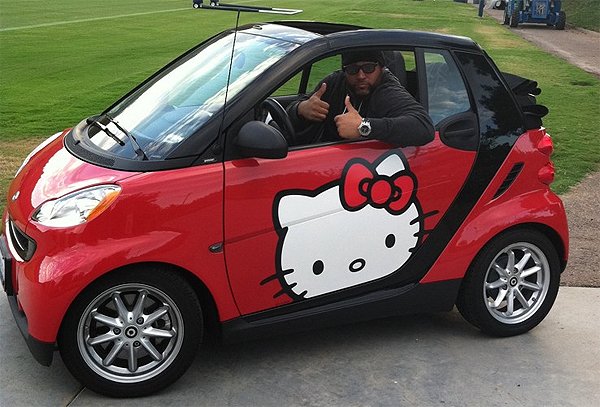BehindBlueI's
Grandmaster
- Oct 3, 2012
- 25,902
- 113
Now hold on, I'm not trying to get all up in your ****. I know where I am. You said, And I'm just saying, no, the competition involved isn't just what the competitors are willing to work for. There's a total cost, which is what I thought was BH's point. I wouldn't put taxes as far up on that list as he does, but it's not insignificant either.
I still don't think you are getting what I was saying. Note:
Good luck competing on taxes and wages.
If someone is going to whine that Unions drove wages too high and that's what drove the companies overseas, then you are saying we can compete if only wages were lower. We can't. Union or non-union, your wage is significantly higher than what wages are for the same work in other parts of the world.
And as for the gov't teat, is anyone here advocating corporate welfare? Please point them out. I'll join the pile on.
Honestly, tell me its viewed the same that GE gets corporate welfare vs welfare for individuals. Head on over to the drug testing thread if you need an example. Criminals shouldn't get welfare, right?






